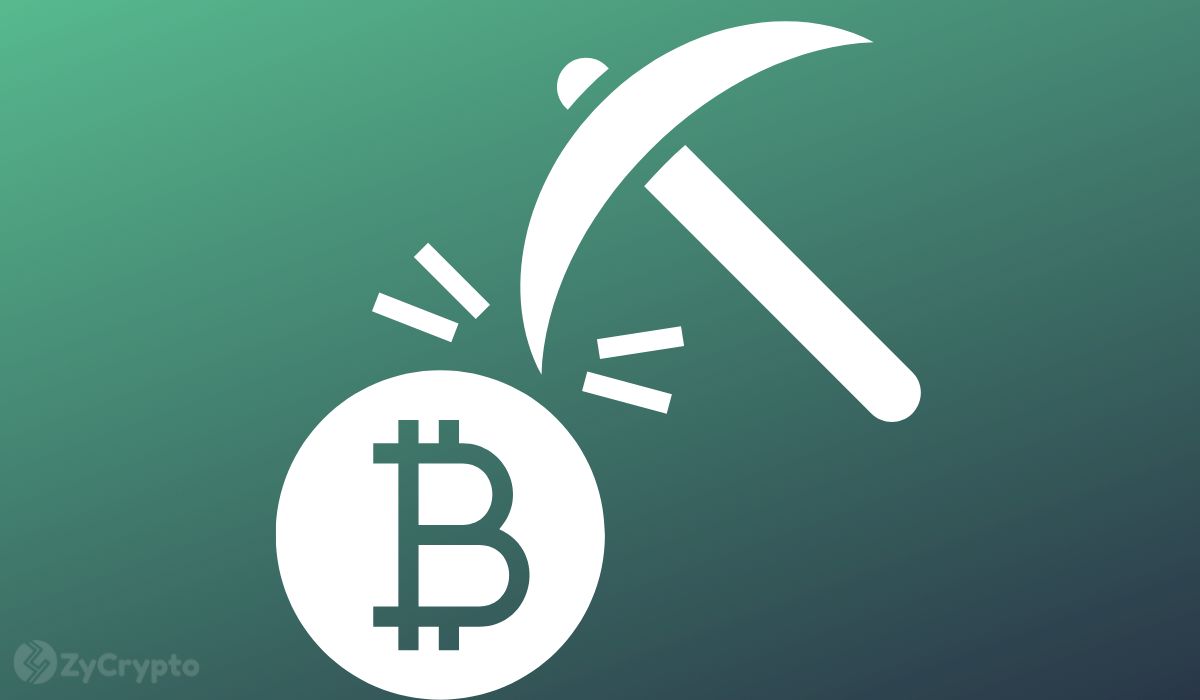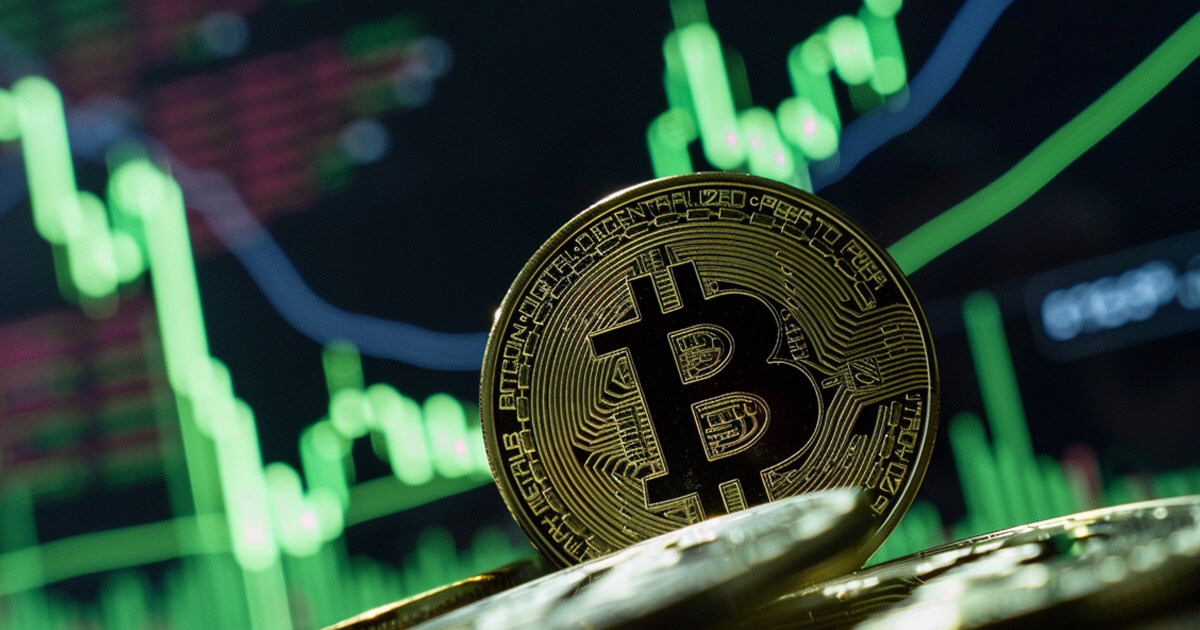2023-3-20 18:50 |
A forthcoming New York Times article is expected to introduce “fractional reserve indirect carbon accounting” and target bitcoin mining.
This is an opinion editorial by Pierre Rochard, the vice president of research at Riot Platforms.
Bitcoin mining has zero carbon emissions and policies to reduce carbon emissions should be focused on real carbon emitters like airplanes and coal power plants. Focusing on zero-emission consumers like electric vehicles and Bitcoin mining is unscientific.
Electricity producers’ carbon emissions are already accounted for as “Scope 1” direct emissions per the U.S. EPA. The only purpose of double-counting emissions with “Scope 2,” indirect emissions is to expand the power of government bureaucracy. Direct Scope 1 emissions increase carbon dioxide (CO2) in the atmosphere, “indirect, Scope 2 emissions” are an unscientific fiction.
But it gets worse.
This week, we learned that The New York Times is working on a story to introduce for the first time “fractional reserve indirect carbon accounting” (FRICA). It is expected to rebrand this as “marginal indirect carbon accounting” to make it more palatable.
We recently found out the hard way that fiat banks don’t hold all of our money. They only hold a small percentage and lend out the rest, an inflationary and dubious practice known as “fractional reserve banking.” The New York Times’ upcoming FRICA methodology is the equivalent of stress-testing a fractional reserve bank by withdrawing one “marginal” dollar, and then announcing that not only is the bank solvent, but it is also 100% cash reserved. This bad accounting ignores the actual balance sheet assets. The New York Times has never used this method of measuring fictitious “indirect carbon emissions” for any other industry, it will be leveraging it to attack Bitcoin mining.
The New York Times’ FRICA assumes that every incremental increase in electricity consumption always increases electricity production from a natural gas power plant. The absurd conclusion of FRICA is that 100% of electricity is from carbon-emitting natural gas, because any single consumer of electricity could turn off and decrease marginal demand.
In 2022, the Electric Reliability Council of Texas (ERCOT) reported that the Texas grid produced roughly 40% of electricity from zero-carbon nuclear, solar, and wind, and 60% of electricity from carbon-emitting natural gas and coal. The New York Times’ creative accounting will deliberately hide the fact that Texas is a leader in renewable energy. Even if only 1% of electricity was produced by natural gas power plants, FRICA would claim that 100% of electricity consumption is causing “indirect carbon emissions.”
The reality is that additional demand for electricity incentivizes wind and solar producers to invest more in energy infrastructure. It is unscientific to assert that increases in base-load demand can only incentivize short-term-peaking natural gas power plants. In fact, the opposite is true. Bitcoin mining is highly interruptible, meaning that it provides revenue to renewables during normal grid conditions and turns off when non-mining demand spikes. Bitcoin mining helps avoid the use of natural-gas-peaker plants thanks to demand response.
The New York Times’ FRICA will not just be flawed from an electricity grid perspective. From a Bitcoin mining perspective, it is also inaccurate to assert that turning off mining rigs in Texas would not incentivize more Bitcoin mining abroad, on adversaries’ dirty grids, like those in Russia and Venezuela. Bitcoin is an independent global monetary system, so arbitrarily taxing proof-of-work mining in the United States would only sabotage our nation’s economic competitiveness and reduce demand for renewable energy.
The New York Times is expected to inflate fictitious carbon emissions for a singular political end: unfairly attacking Bitcoin mining in the United States. Simultaneously, the current presidential administration is pushing for a punitive tax on Bitcoin mining that would surrender the United States’ leadership position to foreign adversaries. Good journalism and good policy should reject both.
This is a guest post by Pierre Rochard. Opinions expressed are entirely their own and do not necessarily reflect those of BTC Inc or Bitcoin Magazine.
origin »Bitcoin price in Telegram @btc_price_every_hour
Carboncoin (CARBON) íà Currencies.ru
|
|


















